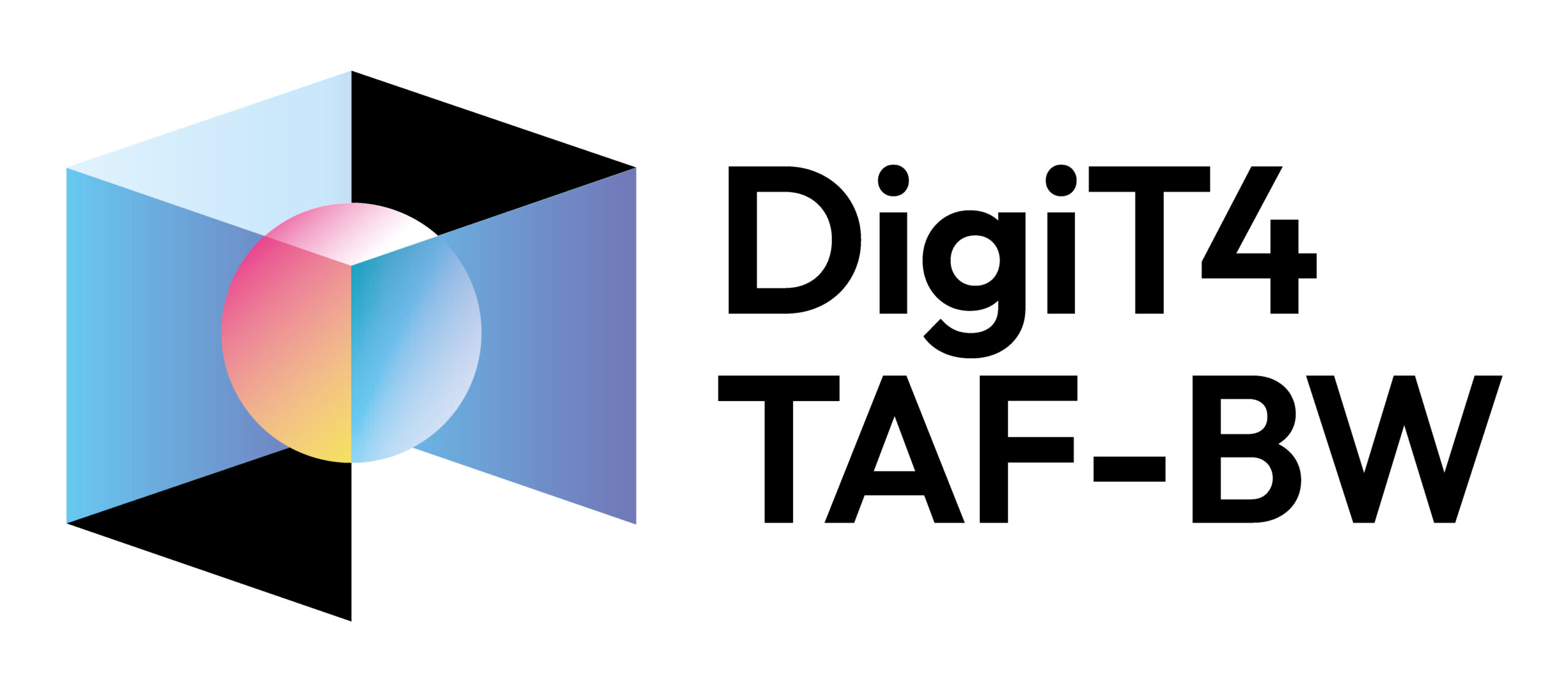SDI4ECom
Secure and self-determined digital identities in e-commerce
Start: 01.2024
End: 03.2025
Digitalization, especially Artificial Intelligence, can significantly reduce the current adverse effects of the transport system without compromising the quality of individual mobility. In this project, a digital twin of the Test Area Autonomous Driving Baden-Württemberg is being created to provide a platform for testing various technologies. The aim is to develop new mobility concepts and innovation potential and to safeguard them using intelligent systems.
The different mobility concepts are examined for their potential to evaluate them from various perspectives and derive the required recommendations for action. Furthermore, a bicycle simulator is set up to explore the interaction with vulnerable road users in more detail and to integrate it seamlessly into the mobility concepts.
The FZI is responsible for developing a virtual replica of the test area in a simulation environment and is working on a framework that will allow this digital twin to be easily expanded in the future and adapted to emerging requirements. The FZI is also investigating the security concept of digitalization in road traffic by identifying and evaluating threats to road users and traffic infrastructure in the context of cyber security.
In this research focus, the FZI concentrates on practical research into the key technology of Artificial Intelligence (AI). Innovative AI solutions are developed and transferred to application areas such as mobility, robotics, healthcare technology, logistics, production, and supply and disposal on behalf of our partners and customers.
Smart solutions for the transportation of people and goods are a focus of FZI research to shape mobility in the future. To this end, the FZI develops integrated mobility systems – from vehicle automation and the application of AI in traffic systems to urban mobility and logistics.

Project partners:
Secure and self-determined digital identities in e-commerce
Jointly moving people and goods
Stopping pathogen transmission in hospitals quickly, reliably, and comprehensively using AI.
Body-worn sensors and wearables for recording vital data and identifying health-related issues in mental and psychosomatic disorders
Efficient and highly accurate data generation for AI applications in autonomous driving
Generative AI in Software Development with a focus on smart home applications.
Standardized interfaces for greater speed, safety, and sovereignty in vehicle development
New approaches for interconnected hospital logistics
The modular toolbox for flexible robotics, tailored to the needs of small and medium-sized automotive suppliers
An AI Dashboard helping young people uncover online disinformation